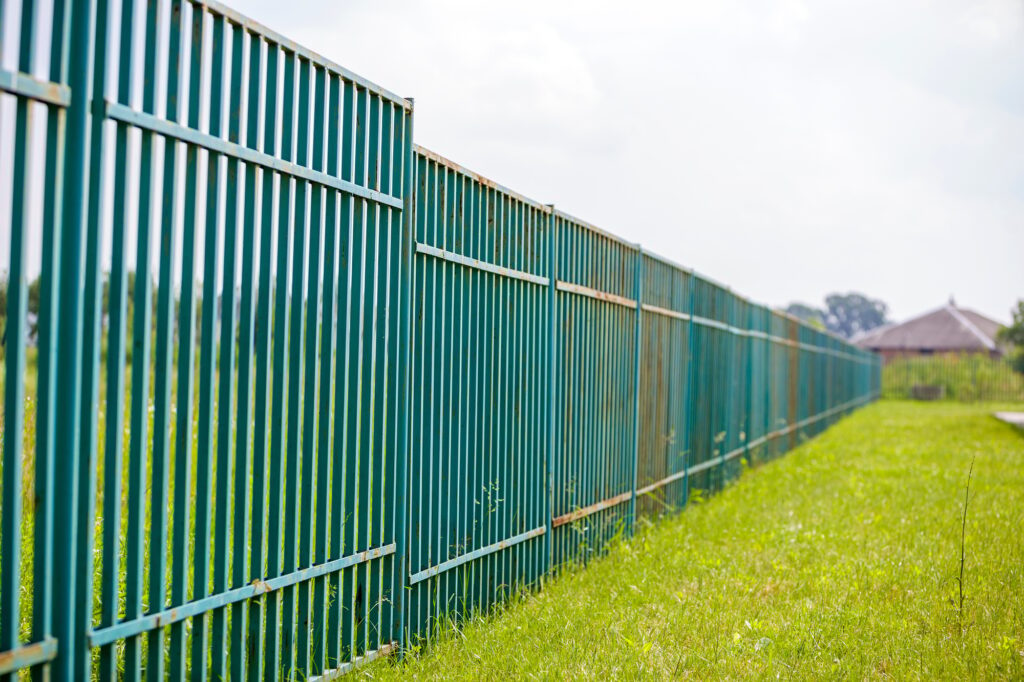Key Takeaways:
- Former EU Commission President Jean-Claude Juncker criticized internal border controls in the Schengen Area, calling them ineffective and counterproductive.
- He highlighted that such measures disrupt daily life for cross-border workers and do little to tackle irregular migration effectively.
- Several Schengen states, including Germany, France, and Slovenia, have extended internal checks, raising concerns about the future of free movement.
- Juncker urged for a return to the Schengen ideal of unrestricted movement, warning of the socio-political consequences of prolonged controls.
Freedom of Movement at Risk
The Schengen Area, a hallmark of European integration, is under strain. Recently, internal border controls have been reinstated or extended in countries like Germany, France, and Austria. In this context, former European Commission President Jean-Claude Juncker issued a stark warning: “I don’t want to get used to these measures becoming normal.” His remarks resonate with thousands whose lives hinge on open borders.
In my view, his criticism captures the essence of the issue. Border controls often cause undue hardship for ordinary citizens while failing to achieve their stated goals. Juncker emphasized that relying on checkpoints as a primary strategy to combat irregular migration is misguided. History has shown that migrants find alternative routes, while ordinary people bear the brunt of bureaucratic inefficiencies.
Impact on Border Regions
Border regions feel the pinch more than others, as thousands of workers cross national boundaries daily. For instance, Germany’s enhanced border checks have disrupted movement between neighboring countries like Luxembourg, creating long queues and a pervasive sense of inconvenience.
From my perspective, this undermines Schengen’s core purpose: fostering unity through freedom. Addressing migration challenges requires coordinated European solutions, not fragmented national policies.
The Future of Schengen in Question
Alarmingly, many countries, including Slovenia, Austria, Italy, and France, have extended their border controls through 2025. This raises an unsettling question: Are we witnessing the gradual dismantling of Schengen?
Under the guise of responding to external pressures and internal political dynamics, countries are prioritizing national interests over European ideals. This trend, I believe, risks eroding the trust that binds member states together.
What’s Next?
Juncker called on Luxembourg and European Commission President Ursula von der Leyen to act. Whether his appeal will translate into concrete action depends on us — the citizens of Europe. Perhaps it’s time to reflect on what we are willing to sacrifice for the illusion of security.
In my opinion, the demise of Schengen would mark a regression not only for the EU but for every individual accustomed to the ease and freedom of open borders.










